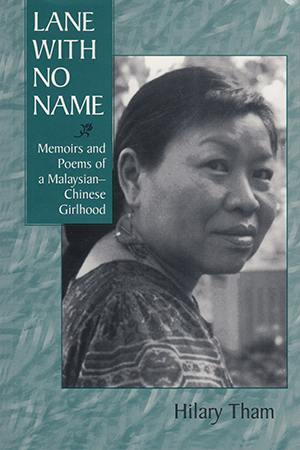BOOKS
Over the last two decades, growing interest in greater farmer participation in formal agricultural research has had major implications both for investment priorities and for models of More >
These powerful stories were written between 1947, when Pakistan was created, and 1971, when it was fragmented by the creation of Bangladesh as an independent nation. Steeped in an More >
The first edition of this book, completed in 1970, was hailed as a major contribution to scholarship on the development of Arabic fiction in the nineteenth and early twentieth centuries. In More >
"Not sure if he were imagining it or if it were indeed real, he inhaled a familiar scent, rose attar, the fragrance that had consumed him in his sleeping and waking hours.... she was More >
Offering a critical perspective on new fiction from the West Indies, Patteson concentrates on five writers from diverse backgrounds and with differing perspectives and artistic strategies, More >
This coming-of-age novel by the accomplished Bahamian writer Ian G. Strachan traces the life of Tree Bodie as he grows up in the Yellow and White House and the nameless streets of Pompey More >
Hilary Tham's memoirs reveal the many images, cultures, myths, and memories out of which her poetry has emerged. Tham recalls a life of many textures: her Chinese ancestry, her More >
More than two thousand bibliographic entries and extensive cross-references make Women and Aging: A Guide to the Literature a valuable resource for anyone interested in women’s More >
A study examines the history of and current methods used by Native-American policing agencies. Data were obtained from field visits to the Great Plains Reservation Trial Police More >



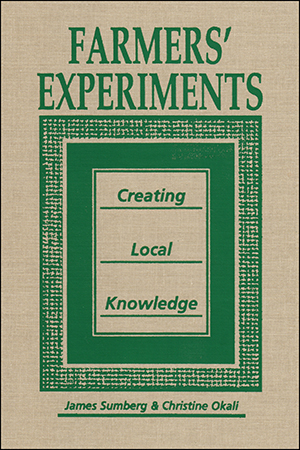
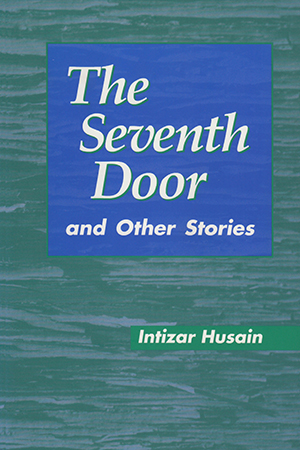
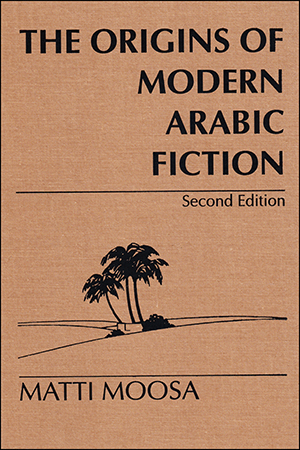
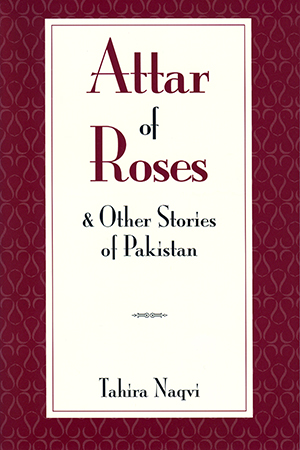
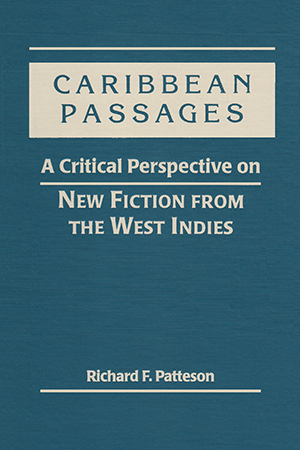
![God's Angry Babies [a novel]](/uploads/6706e02cdec7f.jpg)
